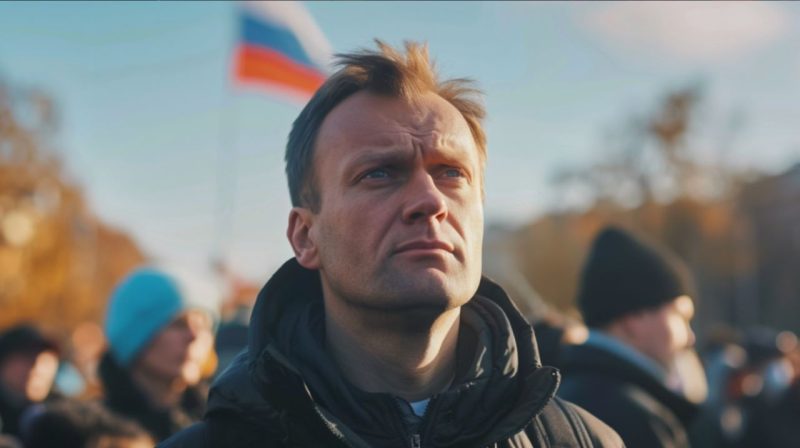
In a deeply unsettling development that has sent shockwaves through the international community and opposition circles within Russia, Alexey Navalny, the opposition leader, has died. Most expert say he was killed by Putin.
The indefatigable Russian opposition leader known for his relentless fight against corruption and his unwavering stand against President Vladimir Putin’s regime, has tragically passed away at the age of 47. Navalny’s demise occurred under grim circumstances in a penal colony in Russia’s Arctic Yamalo-Nenets autonomous region, marking a somber chapter in the annals of Russian political activism and the broader struggle for democratic freedoms and human rights in the face of authoritarian clampdowns.
A Sudden and Mysterious Death
Reports from the Russian Federal Penitentiary Service (FSIN) detail that Navalny’s health deteriorated suddenly following a walk in the prison facility. Despite the swift response from the medical team and the administration of all possible resuscitation measures, their efforts were in vain, and Navalny was pronounced dead at the scene. The official statement pointed to a blood clot as the cause of death, a revelation that has stirred controversy and speculation amidst Navalny’s supporters and observers worldwide.
A Legacy of Opposition and the Cost of Dissent
Navalny’s political journey has been nothing short of remarkable, characterized by his audacity to expose graft within the highest echelons of the Russian government and mobilize widespread public dissent against Putin’s rule. His efforts to galvanize the Russian populace through anti-corruption campaigns and significant political protests have earned him a reputation as Putin’s most formidable adversary. However, this path was fraught with peril, leading to multiple arrests, a near-fatal poisoning incident that he attributed to the Kremlin, and several stints in prison on charges widely criticized as politically motivated.
The Final Years: Persecution and Prison
The years leading up to Navalny’s untimely death were marked by relentless judicial persecution, culminating in a 19-year prison sentence on extremism charges in August 2023. This sentence, which Navalny condemned as a Stalinist move to silence him, was the latest in a series of legal battles that sought to keep him behind bars indefinitely. Navalny’s conviction and the conditions of his imprisonment, including reports of his deteriorating health, had been a focal point of international criticism against Russia’s crackdown on opposition figures and its broader human rights record.
International Reaction and the Kremlin’s Stance
The global response to Navalny’s death has been one of outrage and condemnation, highlighting the broader implications of his struggle and demise for Russia’s political landscape and the international community’s stance on human rights and democratic governance. While Kremlin officials have downplayed the significance of Navalny’s death, stating that “no special measures” are necessitated, the international community, human rights organizations, and Navalny’s supporters continue to demand accountability and justice for what many perceive as a politically motivated killing.
Conclusion: A Call to Remember and Continue the Fight
Alexey Navalny’s death is not just a tragic loss for his family and supporters but a stark reminder of the risks faced by political dissidents in Russia and other authoritarian regimes. His life’s work, marked by unwavering commitment to justice, transparency, and democracy, serves as a beacon for those who continue to fight against corruption and oppression, despite the grave dangers they face. As the world mourns Navalny, the call for continued vigilance and action in the face of political repression has never been more urgent. His legacy, epitomized by resilience in the face of seemingly insurmountable odds, will undoubtedly inspire future generations to carry forward the torch of freedom and reform.
